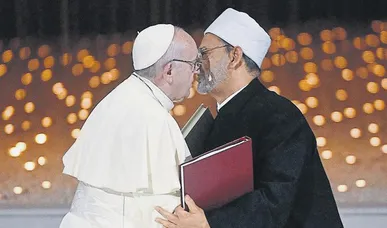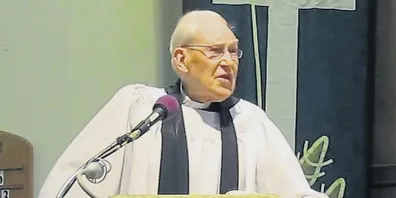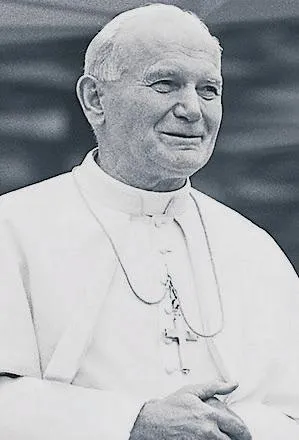
evangelicals & catholics
Roman Catholic universalism?

Leonardo De Chirico
Date posted: 1 Dec 2020
It has been rightly called the ‘political manifesto’ of Pope Francis’ pontificate.
In fact, there is a lot of politics and a lot of sociology in the new encyclical All Brothers, a very long document (130 pages) that looks more like a book than a letter. Francis wants to plead the cause of universal fraternity and social friendship. To do this, he speaks of borders to be broken down, of waste to be avoided, of human rights that are not sufficiently universal, of unjust globalisation, of burdensome pandemics, of migrants to be welcomed, of open societies, of solidarity, of peoples’ rights, of local and global exchanges, of the limits of the liberal political vision, of world governance, of political love, of the recognition of the other, of the injustice of any war, of the abolition of the death penalty. These are all interesting ‘political’ themes which, were it not for some comments on the parable of the Good Samaritan that intersperse the chapters, could have been written by a group of sociologists and humanitarian workers from some international organisation, perhaps after reading, for example, Edgar Morin and Zygmunt Bauman.

evangelicals & catholics
Packer’s papal mistake?

Leonardo De Chirico
Date posted: 1 Oct 2020
The global church owes a debt of gratitude to James I. Packer (1926–2020). During the second half of the 20th century he has embodied Evangelical theology at its best, especially on issues like the authority of Scripture, penal substitutionary atonement, and the interplay between theology and spirituality. This is to say that, if I dare critique one minor – albeit significant – instance of his theological involvement, I do so out of immense respect.
It is no secret that in Packer’s theological biography his involvement with the ‘Evangelicals and Catholics Together’ (ECT) initiative has puzzled many of his admirers. How such a solid theologian could be prone to sign theologically-blurred documents and encourage confusing ecumenical activities has been a standing question in many people’s minds.

evangelicals & catholics
The unsettled legacy of Pope John Paul II

Leonardo De Chirico
Date posted: 1 Aug 2020
Karol Wojtyła (1920–2005), since 1978 better known as Pope John Paul II, has been one of the most influential men of the 20th century.
The centenary of his birth is a useful opportunity to reflect on his legacy. His life was at the centre of the major affairs of the 20th century: the tragedy of Nazism and the trauma of the Second World War, the apex and fall of Communism, the Second Vatican Council and its debated implementation, the apparent triumph of Western democracy and the oppressive costs of globalisation for the Majority world, the fracture of ideologies and the rise of secular hedonism. Supporters have acclaimed his achievements in terms of navigating, surviving and overcoming the dangerous streams of our post-something world. Critics have pointed out the double-faced, contradictory trajectory of his life and his very backward-looking Catholic outlook.